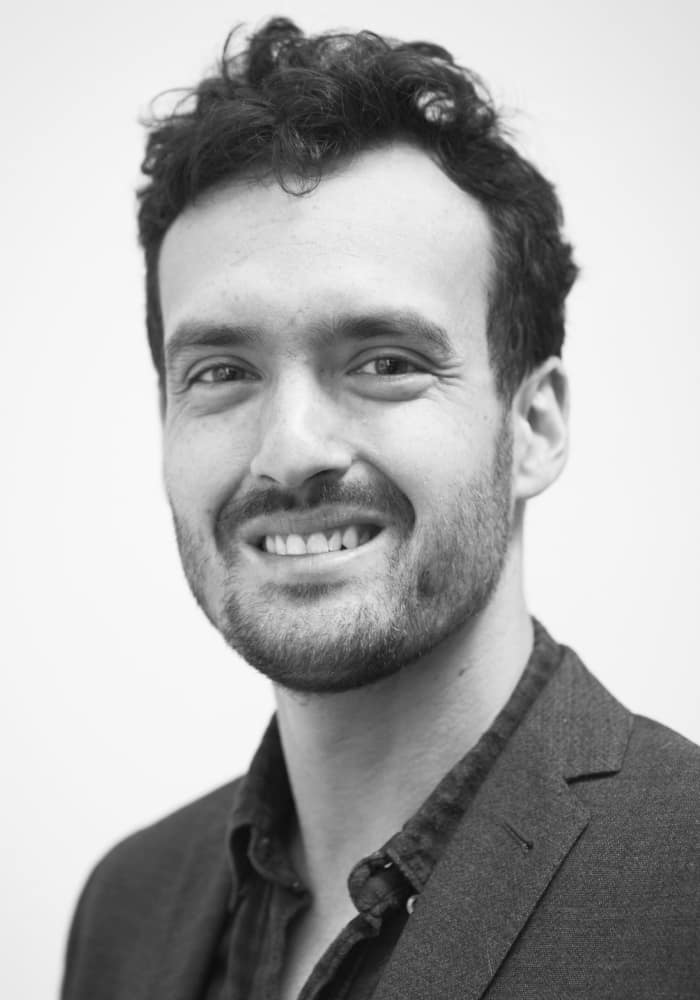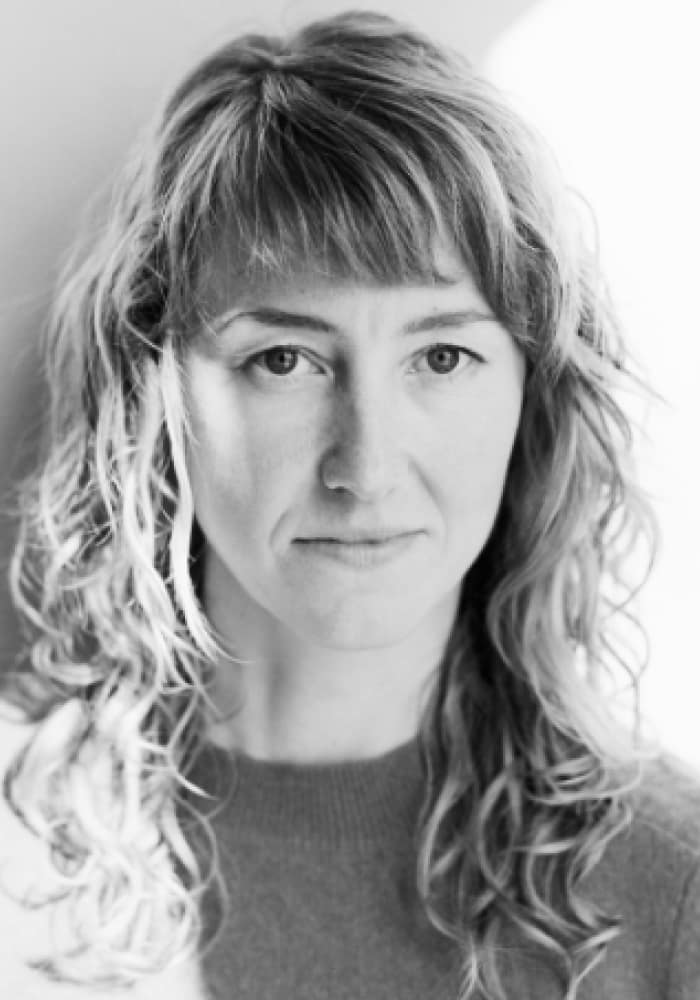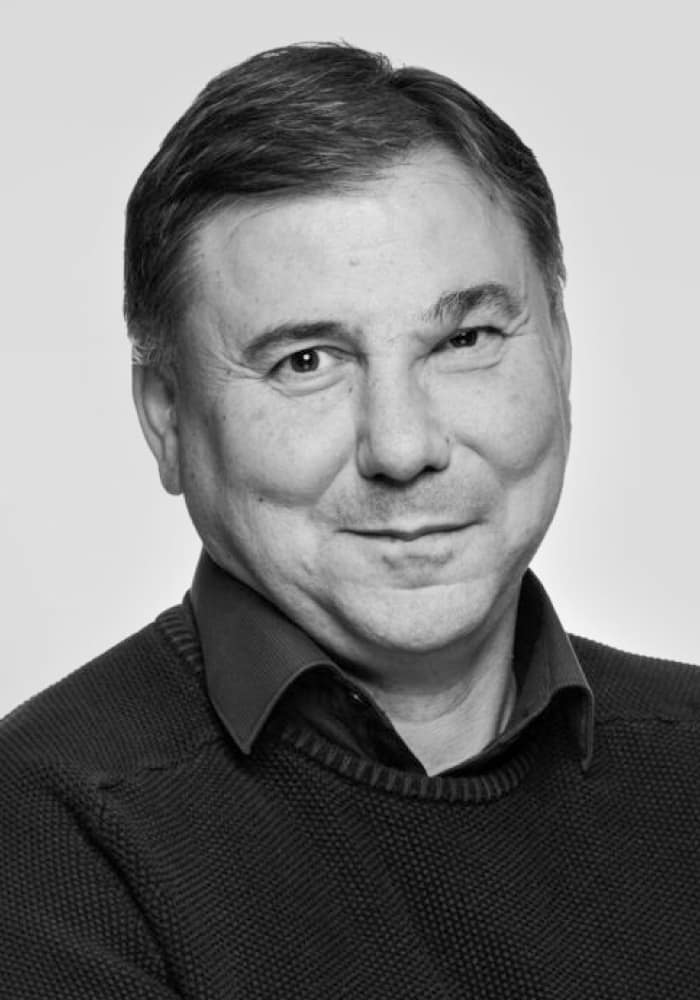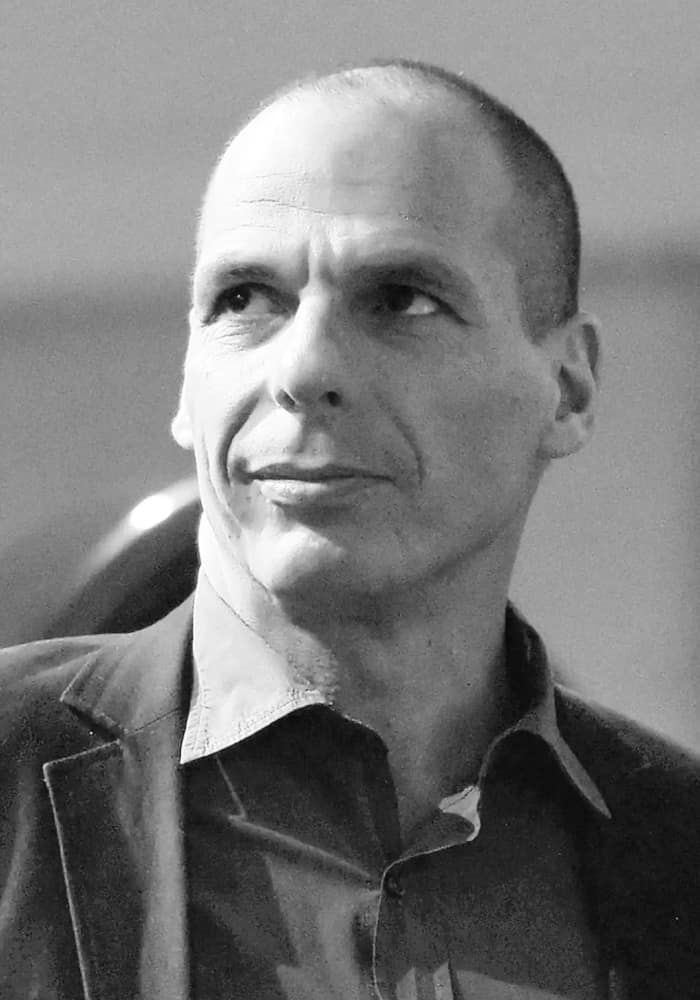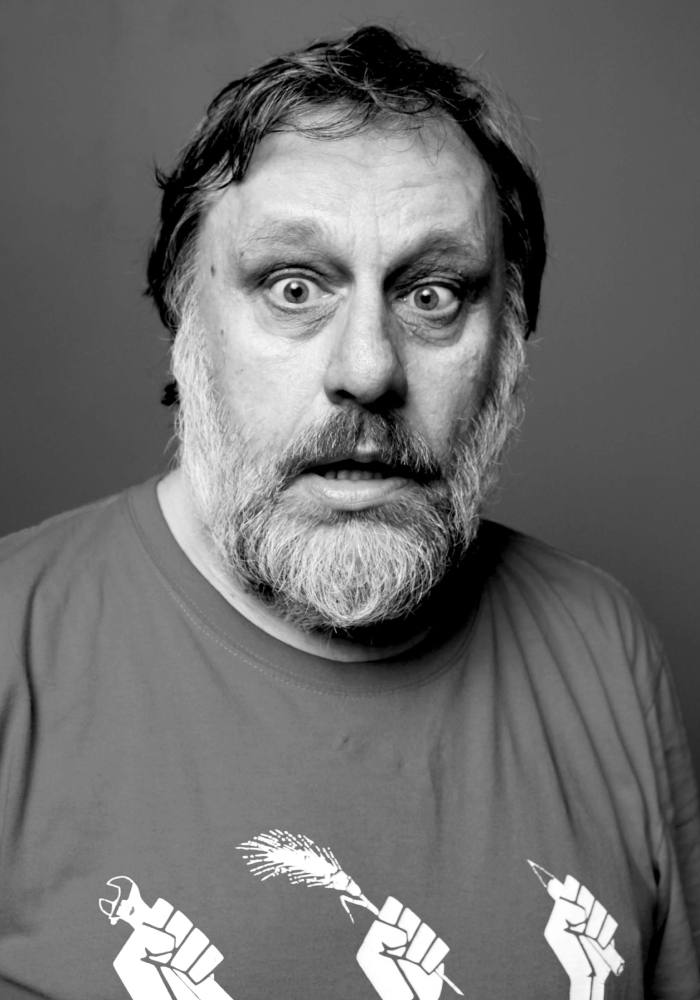Filosoof, cultuurcriticus, marxistisch denker, provocatief spreker, humorist
Slavoj
Žižek

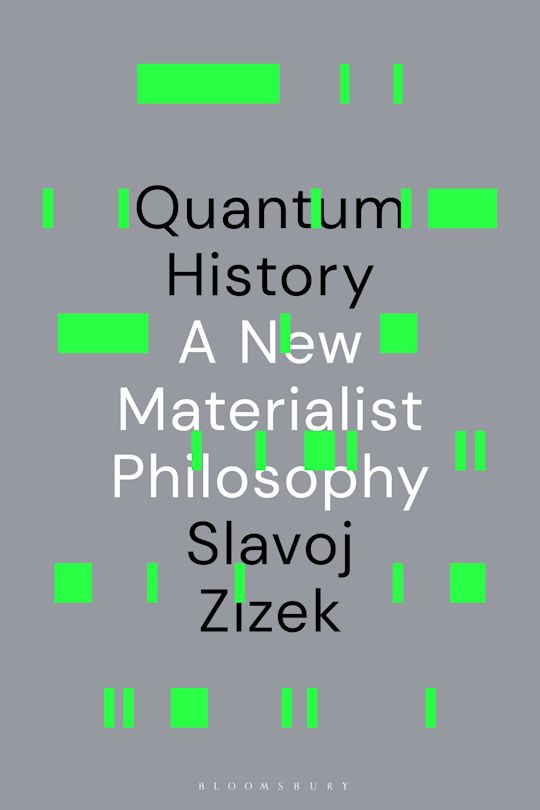
Block Quote
Slavoj Žižek behoeft nauwelijks een introductie. Hij wordt algemeen beschouwd als een van de belangrijkste denkers van deze tijd—al zou hij dat zelf ongetwijfeld ontkennen.
Žižek laat zich niet eenvoudig in een hokje plaatsen. Hij wordt zowel een marxist als een rockster-filosoof genoemd—vaak in één adem. Wat hem zo boeiend maakt, is zijn vermogen om de dominante waarden van vandaag, zoals “woke” of “populisme,” terug te voeren naar hun oorsprong en de verborgen ideologieën bloot te leggen. Voor Žižek is de realiteit zelf niet écht echt, maar een symbolische constructie—een structuur die slechts relatief echt aanvoelt.
Wanneer hij spreekt over de politieke crises van onze tijd, herhaalt Žižek niet simpelweg wat anderen al hebben gezegd. In plaats daarvan biedt hij originele, gedurfde interpretaties van de wereld, die zichtbaar worden zodra je voorbij de clichés kijkt. Zijn inzichten bestrijken thema’s als identiteit, seksualiteit, macht, popcultuur en oorlog, en plaatsen hem midden in de belangrijkste debatten van nu.
Zijn nieuwste boek, Too Late to Awaken: What Lies Ahead When There Is No Future?, verschijnt op 2 november bij Viking Penguin.
Wie Žižeks visie begrijpt, krijgt een glimp van een mogelijke toekomst—of dat nu een toekomst is waarin we willen leven of niet.
Quantum History - A New Materialist Philosophy
A panoramic view of the cosmos must begin with the tension of a single political moment. In Quantum History, Slavoj Žižek brings together Hegelian dialectics, Lacan psychoanalysis and quantum mechanics to rethink history, reality and political possibility.
Taking up Lenin's challenge to radically reconsider materialism in the wake of each big scientific discovery, and rejecting the recent vogue for giving a vague spiritualist spin to wave mechanics, Žižek embraces the philosophical implications of quantum mechanics with characteristic erudition and verve. Drawing on the central themes of the holographic universe, non-commutativity and the collapse of superpositions, Žižek evolves a quantum-inspired ontology which reinvents the historical materialism of Hegel and Heidegger – and compels a brutal, often darkly funny, inquisition into the chances of radical emancipatory acts today.
Quantum History takes the reader from the absolute contradiction of the primordial void through quantum oscillations to our ordinary reality, weaving in Lacan and Deleuze, Rovelli and Schelling, opera, cinema, sex and war. Žižek is at his sharpest, saddest, most provocative best as he demonstrates that there is no way of extracting ourselves from the texture of history, no neutral position from which the workings of the world can be observed transparently – we must act from a contingent, complex and inscrutable political moment, in sadness and in doubt, but defiantly.
Table of Contents
Introduction: Materialism and Quantum Criticism
I - Universal: Collapse Comes First
1 Why A Hegelian Needs Quantum Mechanics
2 Why Quantum Mechanics Needs Hegel
3 Noncommutativity in the Symbolic and in the (Quantum) Real
II – Particular: From Hegel to Heidegger... and Back
1 Names for Finitude: Hegel, Heidegger, Pippin
2 The Night of the World
3 Heidegger's Politics of Finitude
III – Singular: Politics in a Quantum World
1 The Hologram of Conflicting Universalities
2 Can Artificial Intelligence Really Think?
3 The Politics of Vocation
Variations
Variation 1 - Frozen Beauty: Rovelli, Deleuze and the Stoics
Variation 2 - No Substitute for True Universals
Variation 3 – Pure Voice, Pure Sound: Beethoven, Globokar, Act
Variation 4 – Acts of Reconciliation
Variation 5 – Moderately Conservative Communism
Variation 6 – The Painted Void
Variation 7 – The Many Monsters of Cinema
Variation 8 - Sexual Superpositions
Variation 9 - Make The Kitchen Maid King
Conclusion: The Hunger to Be Something
“The very idea that you think you are beyond ideology—that is ideology.”
Slavoj Žižek stelt dat ideologie niet alleen draait om wat we bewust geloven. Ze schuilt in de achtergrond: in de onuitgesproken regels, gewoontes, grappen en fantasieën die ons dagelijks gedrag vormgeven. Zelfs als we denken kritisch of ironisch te zijn, blijven we binnen het kader van de ideologie opereren.
LOCATIE

Zuiderkerk
De Zuiderkerk is een protestantse kerk uit de 17e eeuw in de Nieuwmarktbuurt van Amsterdam, de hoofdstad van Nederland. De kerk speelde een belangrijke rol in het leven van Rembrandt en was het onderwerp van een schilderij van Claude Monet.
Zuiderkerkhof 72,
1011 HJ Amsterdam
Schrijf je in om op de hoogte te blijven van nieuwe sprekers, artikelen en aankomende evenementen.
©2025 Stichting G10 van de economie | KVK 61319023

